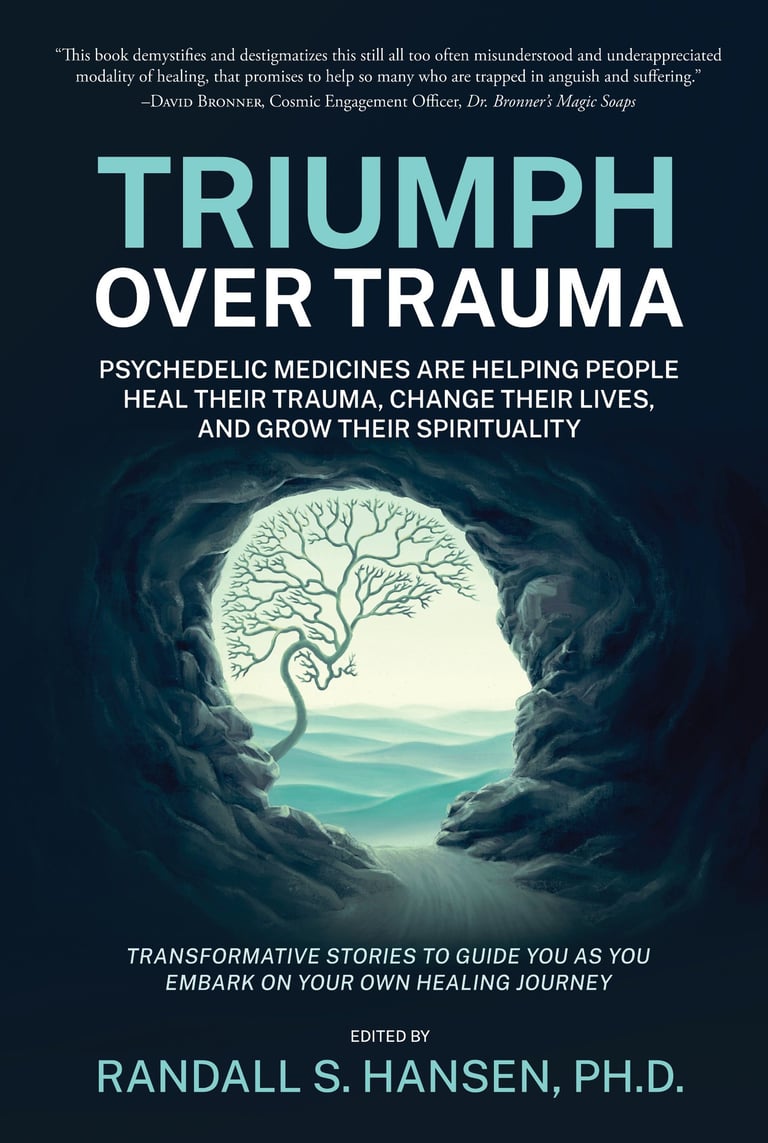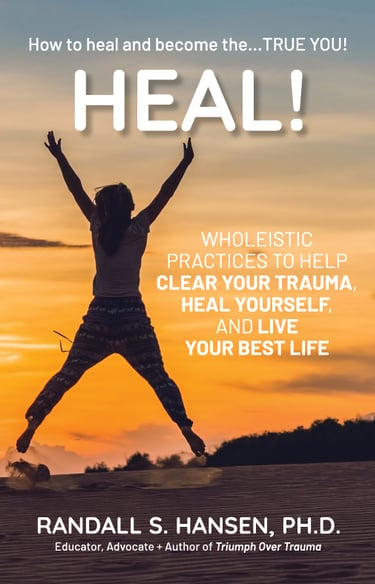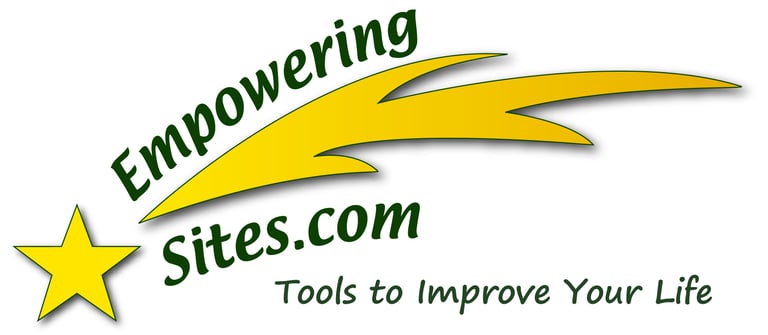Why and How to Incorporate Self-Care Into Your Life
If you’re like the typical working adult, your days are often a mad rush of preparing for work, doing the long hours of work, and then dealing with your personal and family issues in the remaining time of your day before heading off to sleep to repeat the same cycle the next day.
The problem with this scenario is that it can lead to health issues and potential burnout. It’s extremely important for our mental and physical health to take time and action to take care of ourselves. We can’t be a good person, parent, friend, worker, if we are not allowing ourselves downtime – rest, relaxation, and rejuvenation.
Self-care is not an indulgence, but a necessity. If we don’t practice self-care, the cracks in our fortitude will begin amassing until it leads to a serious health crisis.
Self-Care
Self-care is a vital practice that involves taking deliberate actions to preserve and enhance your own well-being and happiness. It encompasses caring for various aspects of your life — physical, mental, emotional, and spiritual — to promote overall health and balance.
The World Health Organization (WHO), defines self-care as being able to promote health, prevent disease, maintain health, and cope with illness and disability with or without the support of a healthcare provider.
Three keys of self-care are nutrition – feeding ourselves real and nutritious foods; lifestyle – including exercise and leisure activities; and environmental – how we live, including living conditions, relationships, and social habits.
Self-care is about prioritizing health and healing.
Self-care can be as simple as going to bed earlier, treating yourself to a nutritious meal… even reading this article and contemplating the concepts here is self-care.
Areas of Self-Care
1. Physical Health. Involves taking the time to prioritize physical health by eating better and nutritious foods, focusing on consistently good sleep, practicing breathwork, starting a garden, engaging in relaxing activities, and making movement part of daily routine.
2. Mental Health. Involves listening to soothing or uplifting music, working on a hobby, dancing and other fun movement, starting a gratitude journal, reading a book from a favorite author, reading with a child, cuddling with a pet, doing a loving-kindness meditation, and diffusing a favorite essential oil.
3. Spiritual Health. Involves activities such as praying, meditating, spending time in nature, attending a religious service, reading/listening to inspirational programs, and partaking in acts of kindness.
4. Relationships/Community. Involves spending time with loved ones, building new healthy relationships, accepting help from others, creating healthy boundaries.
Other Aspects of Self-Care
The two biggest drivers in most people’s lives are work and relationships/family, so it is extremely important not to ignore them.
Self-care with work means examining all aspects of your current job and career. Are you truly happy with your work? How can you improve your satisfaction from work? Is there something more meaningful that you want to do? Do you have healthy work-life balance? How can you make your current work more meaningful or fulfilling?
Self-care with relationships and family means examining your personal feelings and expectations about the key people in your life. Are you happy with your marriage/partnership? What could make your relationships better? Are there relationships that need to be reimagined, fixed, or dissolved? How can your family better support you?
The critical issue here is what is helping you with self-care and what is no longer serving you.
Final Thoughts on Self-Care
The most important, bravest act of self-care is asking others for help. For many of us, it’s the hardest thing to do… admitting we need help.
Some people are under the mistaken perception that self-care is an indulgence only for the self-absorbed or ego-fueled. Wrong. Self-care is not self-indulgence – unless that self-care is dangerous and not health-enhancing.
Two final pieces of advice about self-care.
First, one of the easiest and best forms of self-care, especially if you are enmeshed in social media, is to have a day a week (or more) of digital detox. Turn off alerts and notifications and leave your devices elsewhere. If you must do something on your device, jump on and get it done and immediately put it away.
Second, develop a list of self-care go-to activities just for you. These should all be healthy and life-enhancing activities. Some ideas:
Sitting on a bench in nature
Going for a hike in a favorite place
Working on a hobby project
Eating a favorite healthy snack
Taking a nap in a cozy location
Meeting a loved one for coffee/movie/intimacy
Enjoying a (safe and healthy) selfish behavior
Getting 15 minutes of sun
Listening to a favorite song or playlist
Watching funny/inspiring videos
Taking a bath, soak, sauna
Having a date with yourself
Planning a future getaway
Diffusing a favorite aromatherapy scent
Watching the sunrise/sunset
Partaking in a favorite exercise
Taking a favorite drive


Dr. Randall Hansen is an advocate, educator, mentor, ethicist, and thought-leader... helping the world heal from past trauma. He is founder and CEO of EmpoweringSites.com, a network of empowering and transformative Websites, including EmpoweringAdvice.com.
He is the author of the groundbreaking Triumph Over Trauma: Psychedelic Medicines are Helping People Heal Their Trauma, Change Their Lives, and Grow Their Spirituality and the well-received HEAL! Wholeistic Practices to Help Clear Your Trauma, Heal Yourself, and Live Your Best Life.
Dr. Hansen's focus and advocacy center around true healing ... healing that results in being able to live an authentic life filled with peace, joy, love. Learn more by visiting his personal Website, RandallSHansen.com. You can also check out Dr. Randall Hansen on LinkedIn.






